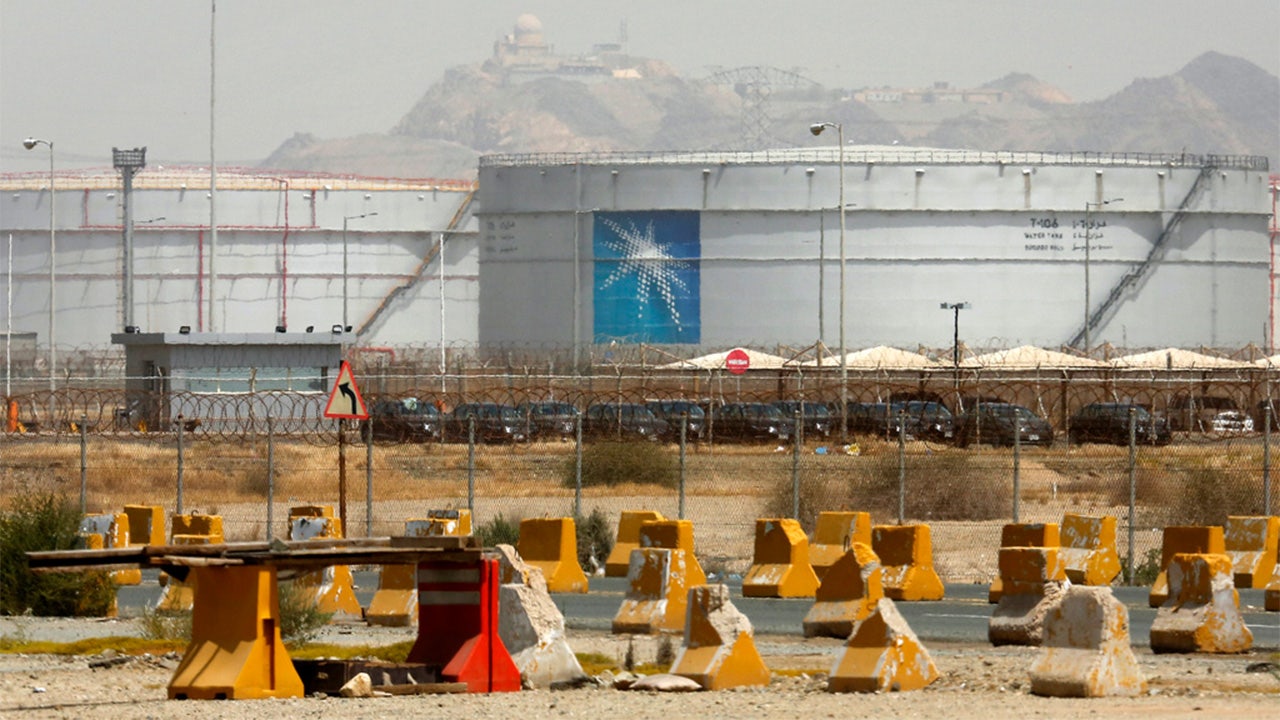Finance
Saudi Arabia to extend oil production cuts through September, signaling potential rise in US gas prices

Saudi Arabia says it is extending oil production cuts through September in a move that could potentially increase gas prices in the U.S.
The kingdom will extend the “voluntary cut” of 1 million barrels a day, totaling approximately 9 million barrels per day for the month of September, according to a statement from the Ministry of Energy carried on the state-run Saudi Press Agency.
An anonymous official was quoted as saying that the cut “can be extended or deepened” if the need arises and is aimed at “supporting the stability and balance of oil markets.”
The move was widely expected by analysts. The Saudi reduction, which began last month, comes as the other OPEC+ producers have agreed to extend earlier production cuts through next year.
GAS PRICES ARE ON THE RISE. HERE’S WHY
The national average for U.S. gas prices stood at about $3.82 a gallon on Tuesday — about 30 cents higher than a month ago, according to motor club AAA. While today’s prices at the pump remain far lower than they were last year, when energy costs soared worldwide in the months following Russia’s invasion of Ukraine, experts say such a jump is unusual.

This year’s record-breaking summer heat has also had an impact, driving up demand for air conditioning and forcing refineries to operate at reduced capacity.
Benchmark Brent crude traded Thursday at over $80 a barrel.
A series of production cuts over the past year has failed to substantially boost prices amid weakened demand from China and tighter monetary policy aimed at combating inflation. Brent has largely hovered between $75 and $85 a barrel since last October.
CLICK HERE TO GET THE FOX BUSINESS APP
The Saudis are particularly keen to boost oil prices in order to fund Vision 2030, an ambitious plan to overhaul the kingdom’s economy, reduce its dependence on oil and create jobs for a young population. The plans include several massive infrastructure projects, including the construction of a futuristic $500 billion city called Neom.
The Associated Press contributed to this report.
Read the full article here


















